In a recent ruling on January 5, 2025, in cases No. 1049/2022, 1758/2022, and 2766/2022, Special NIA Court Judge Vivekananda Sharan Tripathi made significant observations regarding the role of national and international human rights NGOs in providing legal aid to those accused under the Unlawful Activities (Prevention) Act (UAPA) and other anti-national activities. The ruling has sparked widespread debate, with concerns raised over its implications on human rights advocacy and judicial independence.
Observations by the Court Judge Tripathi noted that various human rights NGOs promptly extend free legal aid to individuals accused in cases related to national security and terrorism. He specifically mentioned organizations such as the Alliance for Justice and Accountability (New York), Citizens for Peace and Justice, Indian American Muslim Council, People’s Union for Civil Liberties, Rihaee Manch, South Asia Solidarity Group, and United Against Hate, stating that their human rights reports exert pressure on the judiciary. Furthermore, the judge criticized lawyers associated with these NGOs for representing individuals charged in national security cases.
Beyond merely recording these observations, the court took an additional step by issuing an order directing that copies of the judgment be sent to the Principal Secretary, Home Ministry, Government of India, and the Chairman, Bar Council of India. The purpose of this action was to inform them of the concerns raised on pages 124, 125, and 126 of the judgment regarding the role of domestic and foreign NGOs in such legal matters.
Legal Precedents and Criticism The judgment has drawn criticism from legal experts and human rights defenders. A key legal precedent cited in opposition to such judicial commentary is the Supreme Court’s ruling in Teesta Setalvad v. State of Gujarat ((2004) 10 SCC 88). In this case, the Supreme Court explicitly cautioned against making judicial observations about individuals or organizations who are not parties to the proceedings, as such comments can have serious repercussions. The apex court emphasized that courts should refrain from making unwarranted remarks unless they are essential for the decision of the case.
Human Rights Defenders Alert (HRDA) has strongly opposed the observations made by Judge Tripathi, arguing that they reflect bias against human rights organizations. According to HRDA, the court’s recommendations to the Ministry of Home Affairs and the Bar Council of India to take action against these organizations amount to an act of reprisal for their activism and legal aid efforts.
Constitutional and International Perspectives The Indian Constitution upholds the right to freedom of speech and expression under Article 19, which is fundamental to a democratic society. This right is further enshrined in Article 19 of the Universal Declaration of Human Rights (UDHR) and Article 19 of the International Covenant on Civil and Political Rights (ICCPR), both of which guarantee the freedom to seek, receive, and impart information and ideas through any media, irrespective of borders.
The court’s observations have raised concerns regarding the restriction of these fundamental rights. Critics argue that by targeting NGOs engaged in legal aid and advocacy, the ruling could have a chilling effect on the ability of civil society to function freely and independently in India.
Appeal:
We urge the Hon’ble Commission to take cognisance of the above case and urgently:
- Intervene before the Special Judge NIA, Lucknow, Uttar Pradesh and ensure that remarks on the role of human rights organisations are removed.
- Direct the Director General of Investigation of the National Human Rights Commission to initiate a Transparent, Independent inquiry into prejudiced observations made by the NIA Court.
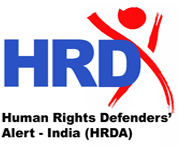

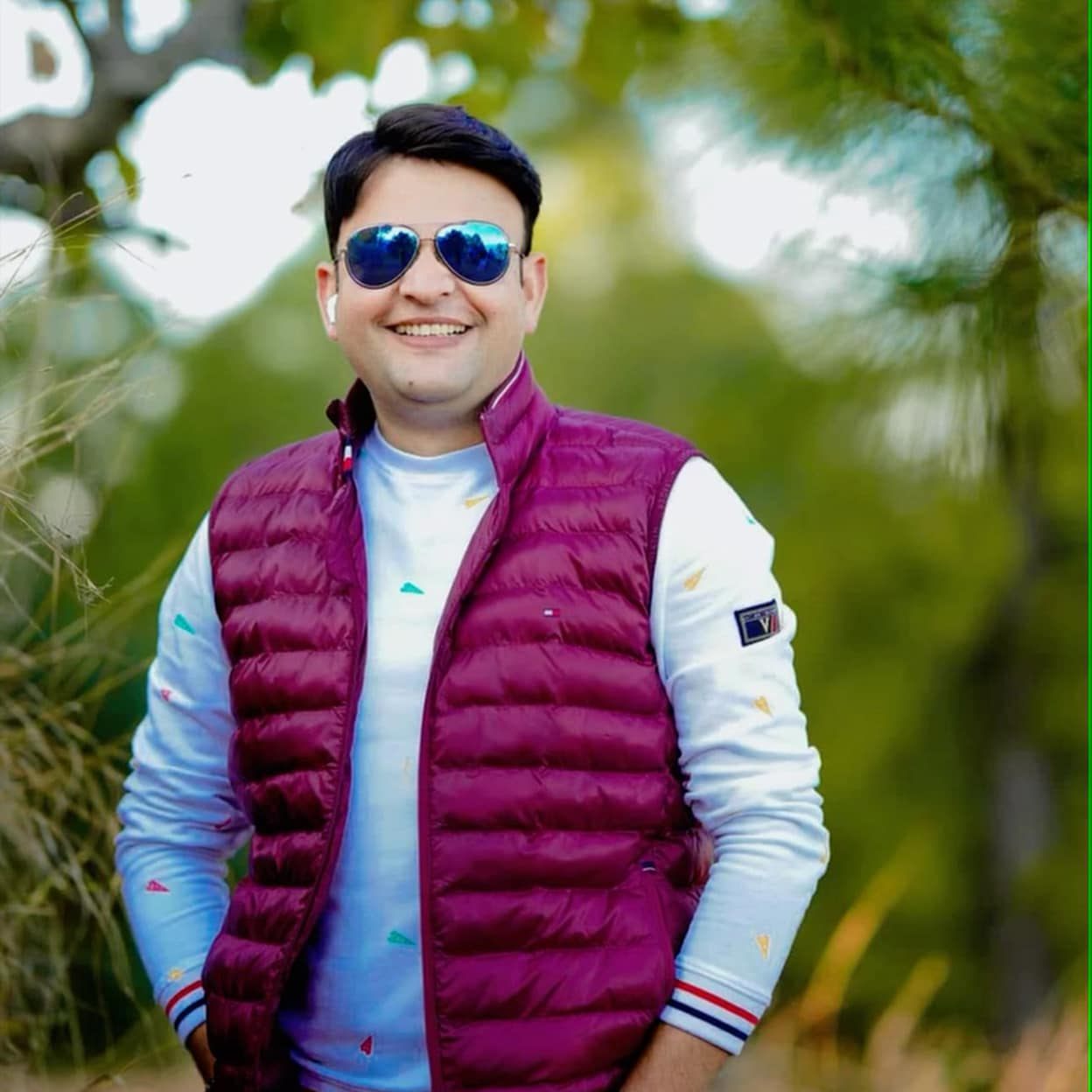
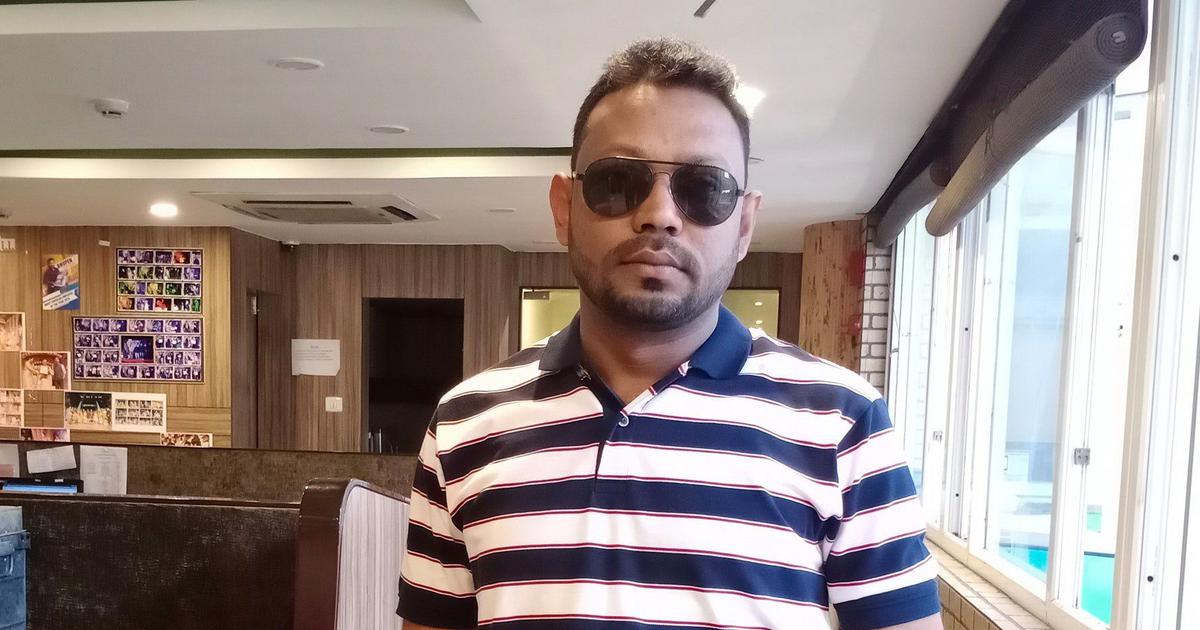
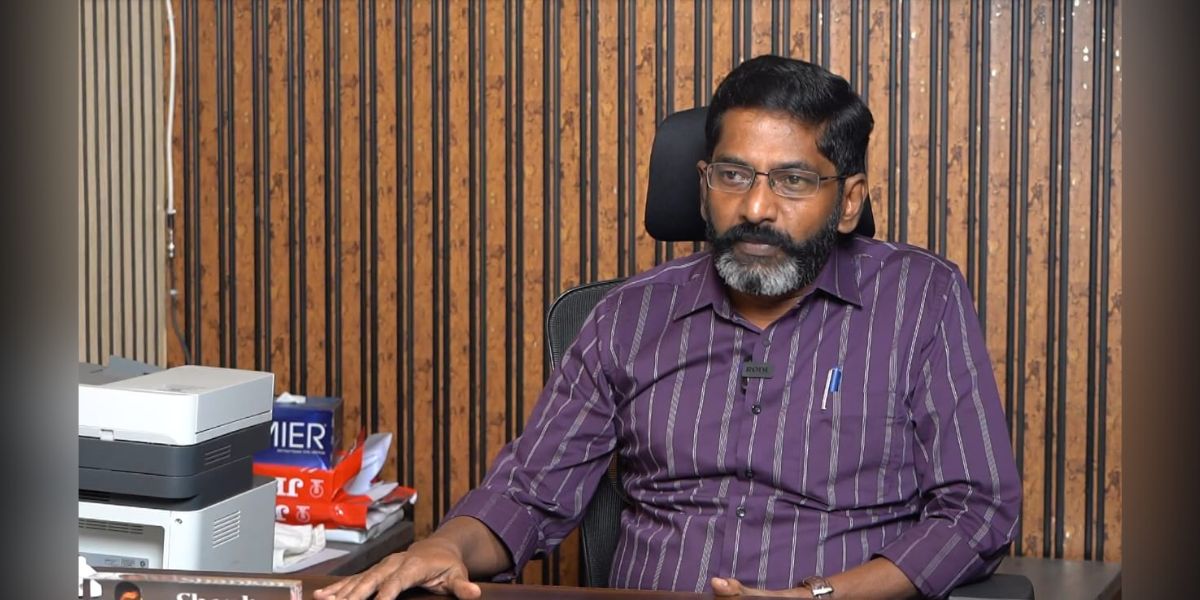

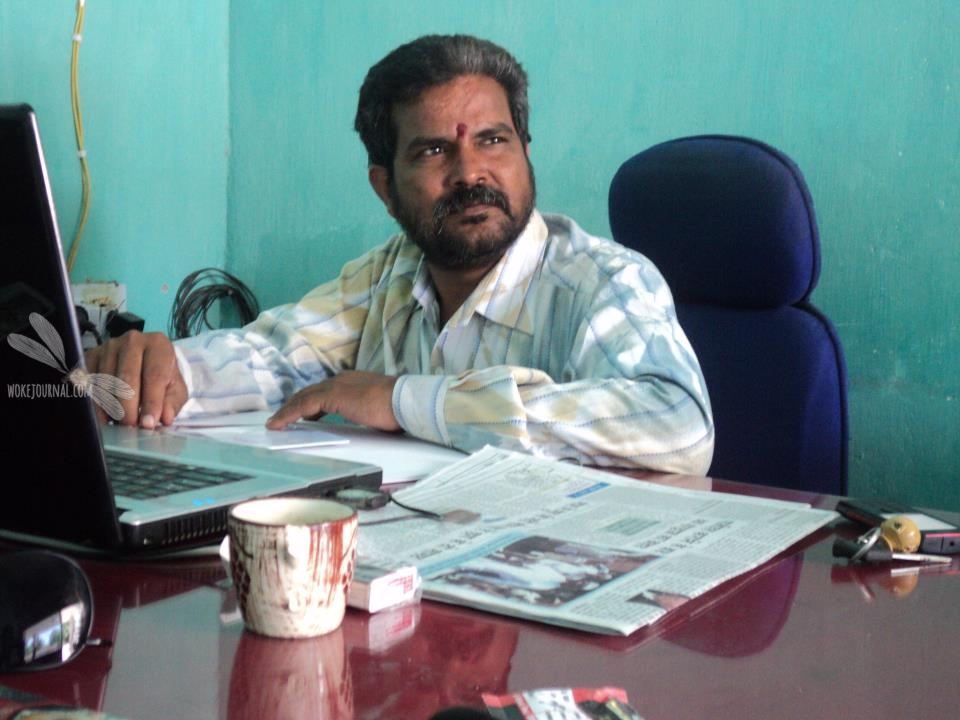
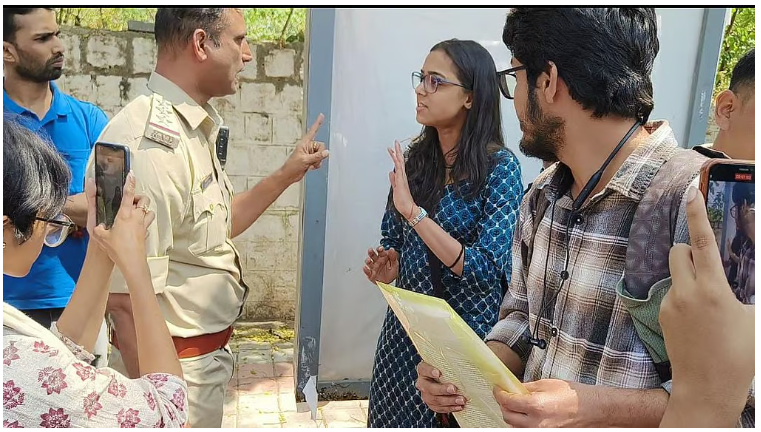
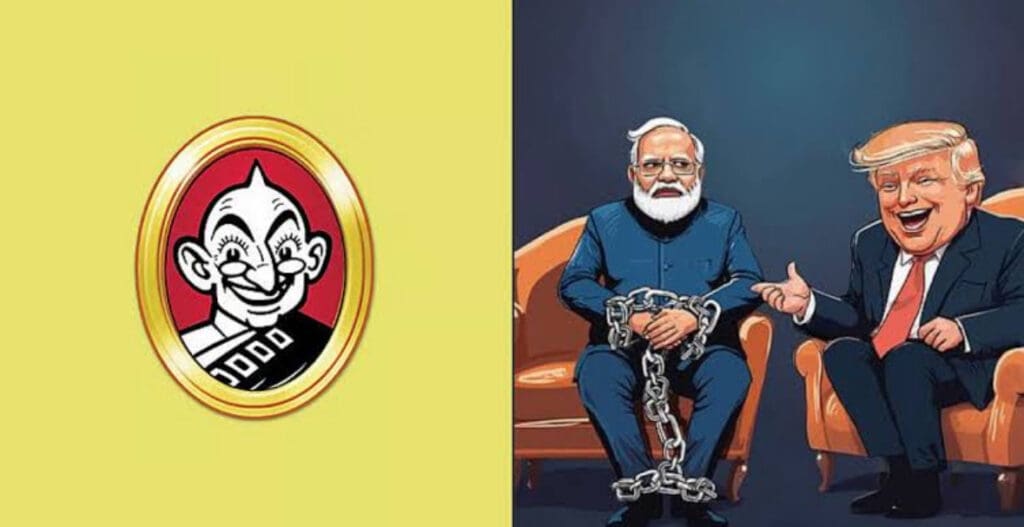
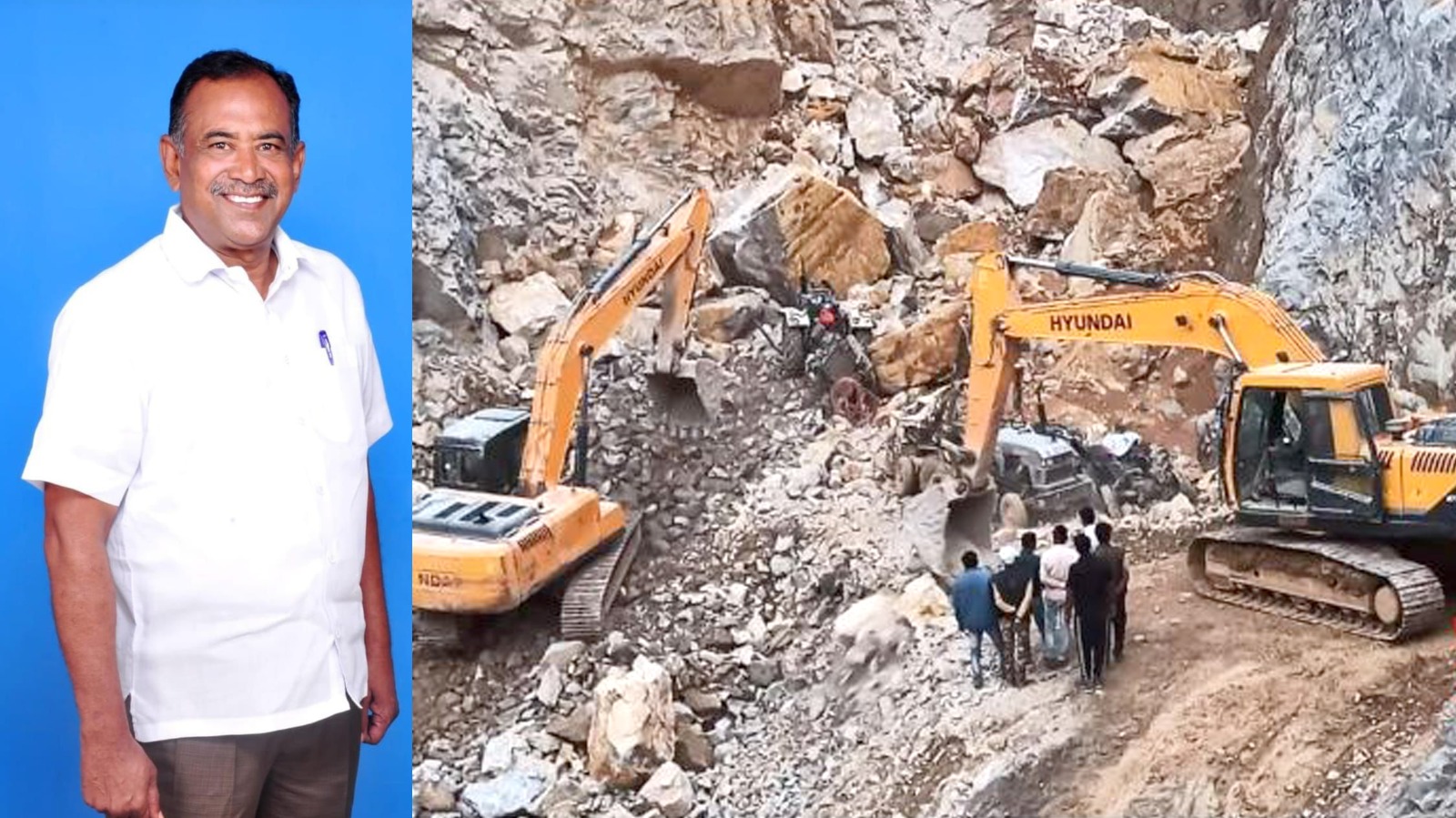
Add Comment